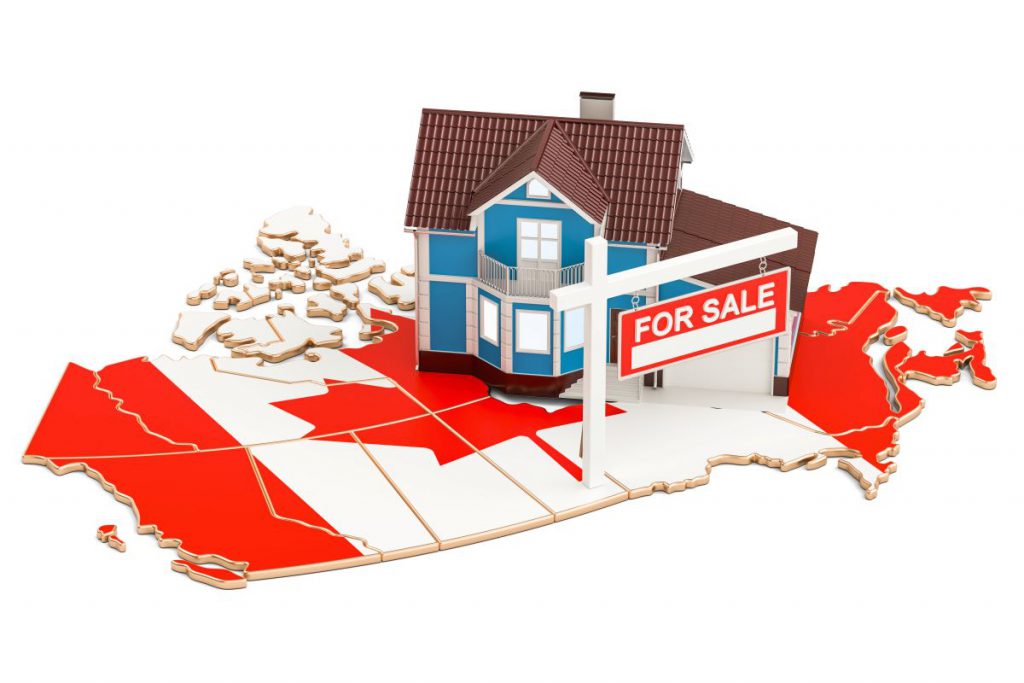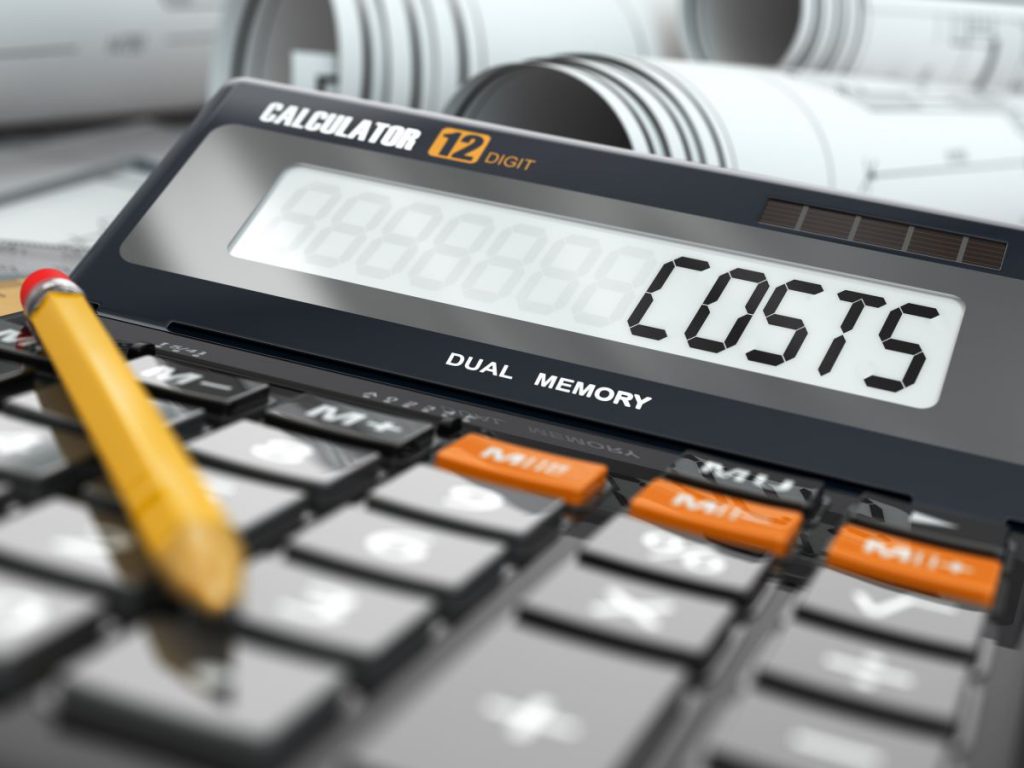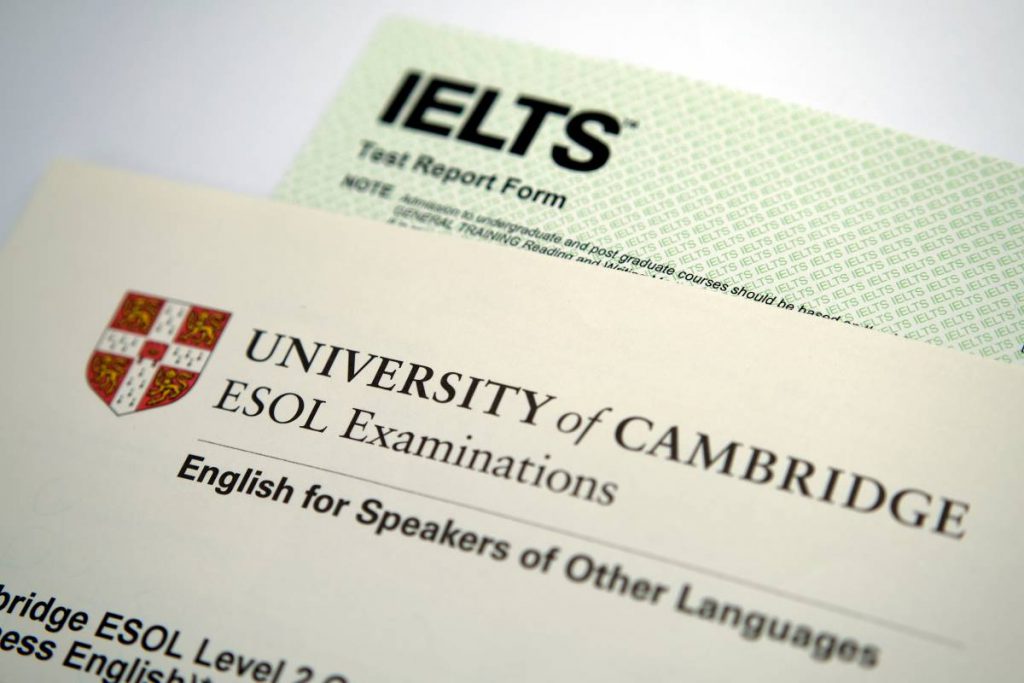Becoming a house owner is a dream come true for most of us, but it doesn’t come easy. It requires a lot of research and careful consideration to make the right decisions.
If you are thinking of getting on the property ladder, it is important to take some time to consider your lifestyle, expenses, and budget. Where do you see yourself living? Depending on the type of property you choose and its location, you may have to pay more to get your dream home.
Let’s briefly explore the process and costs involved in buying a house in Canada to help you find your dream home.

GETTING FINANCIAL SUPPORT
In Canada, it is possible to apply for financial aid in order to buy a home. This is known as a mortgage and you can obtain it from banks, credit unions, loan companies, etc. Before you go shopping for a mortgage, make sure you know how much you can afford to pay towards it (and how frequently); whether you want your loan to be fixed-rate and open or close; and how long you can expect to pay for it.
It’s also a good idea to get pre-approved for a mortgage beforehand. This is a commitment your lender makes to give you a mortgage (up to a specified amount) for a certain period of time (typically 90 days).
In order to apply for a mortgage, you will need to provide:
- A copy of your credit history. You can get it for free by mail or telephone. For more information on how to obtain it, follow this link.
- Proof of identity. You can see the list of official IDs here.
- Proof of employment. You can provide recent payslips, your employment contract, or your notices of assessment for the past 2 years (if you’re self-employed)
- Proof that you can pay for the down payment and closing costs. You could do his by providing recent bank statements which show your income and expenses.
- Proof of any financial debts or obligations. Your lender will want to know whether you have to pay child or spousal support, previous loans, etc.
To read more about how to choose the right mortgage for you, follow the advice on the Official Canadian Government website.
FINDING YOUR DREAM HOME
Once you’ve decided on the type of property you want to buy and all of your dream home must-haves, you can start looking for a property. There are many ways in which this can be done; you could take a look at classified Ads, either in your local newspaper or online, or you could try finding your home by word of mouth.
If you would like someone to help you with the process, we suggest you call a real estate agent or realtor. They offer help by finding you properties they feel are a good fit for you, based on your preferences and budget. They also negotiate the purchasing price for you and sort out much of the paperwork.
MAKING AN OFFER
Once you’ve found the home that meets your criteria and expectations, it’s time to make “An Offer to Purchase.” If you are using a realtor, they will do this for you and help you negotiate with the current homeowner.
Your offer should include information regarding the purchase, such as the price offered (and what it includes); the amount of the deposit; the offer’s expiration date; a potential purchasing closing day; any requests for property survey; and any other relevant terms and conditions.
UNDERSTANDING THE COSTS OF BUYING A PROPERTY

Knowing how much you will have to pay on top of the house purchase price is key.
Here is a brief description of each of the most important fees and costs you will need to budget for.
Estimated down payment
This is the amount of money you will need to put upfront towards the purchase of your home. The minimum is 5% of the purchase price. If you don’t have the funds, you can use certain municipal programs that offer an interest-free loan of 5% of the purchase price of your home, or you can contact a bank for a loan or a personal line of credit.
Insurance for your mortgage
If your loan is over 80% of the amount needed to purchase the property, you will have to take out insurance to refund your bank in the event that you are unable to pay your loan. This is an important amount linked to the purchase cost of your property.
Notarial fees
The notary is a public officer who operates impartially, ensuring that each real estate transaction is carried out in full compliance with the law. They will verify the authenticity of the documents and make sure the transaction is carried out as it should be. Fees can range from $800 to $1600. You will also need to pay between $450 to $500 for the processing of your file.
Pre-purchase inspection fees
Once you have submitted your offer to purchase and the seller has accepted it, you will need to hire a home inspector to check the property for any potential issues. Make sure you budget for this, as you may have to spend an extra of between 300$ and 800$ depending on the type of property you are buying.
Assessment fees
In some cases, your mortgage company will ask you to have the property evaluated to ensure that you are paying the right price for it. In that case, you will need to hire a professional assessor who will determine whether the house price is right taking into account the real dimensions of the property, its general condition, its location, the materials used, etc. The assessor’s fees are around $500.
Real estate transfer tax or “welcome tax”
The “welcome tax” is a percentage of the purchase price of your property. It will be collected directly by the municipality in which your property is located. The invoice will be sent to you between 3 and 6 months after the transaction is finalized at the notary’s office.
Municipal and school taxes
The municipal and school taxes are an amount you have to pay annually as a property owner. This amount is to be taken into consideration because it will be added to your income tax. It will be approximately $400 for a property valued between $200,001 and $300,000, and $530 for a property valued between $300,001 and $400,000.

We hope the information we compiled has been useful. If you’re a first-time buyer in Canada, we suggest you read the official “Buying your first home in Canada – What newcomers need to know” guide for further information. We wish you the best of luck with your home search!






